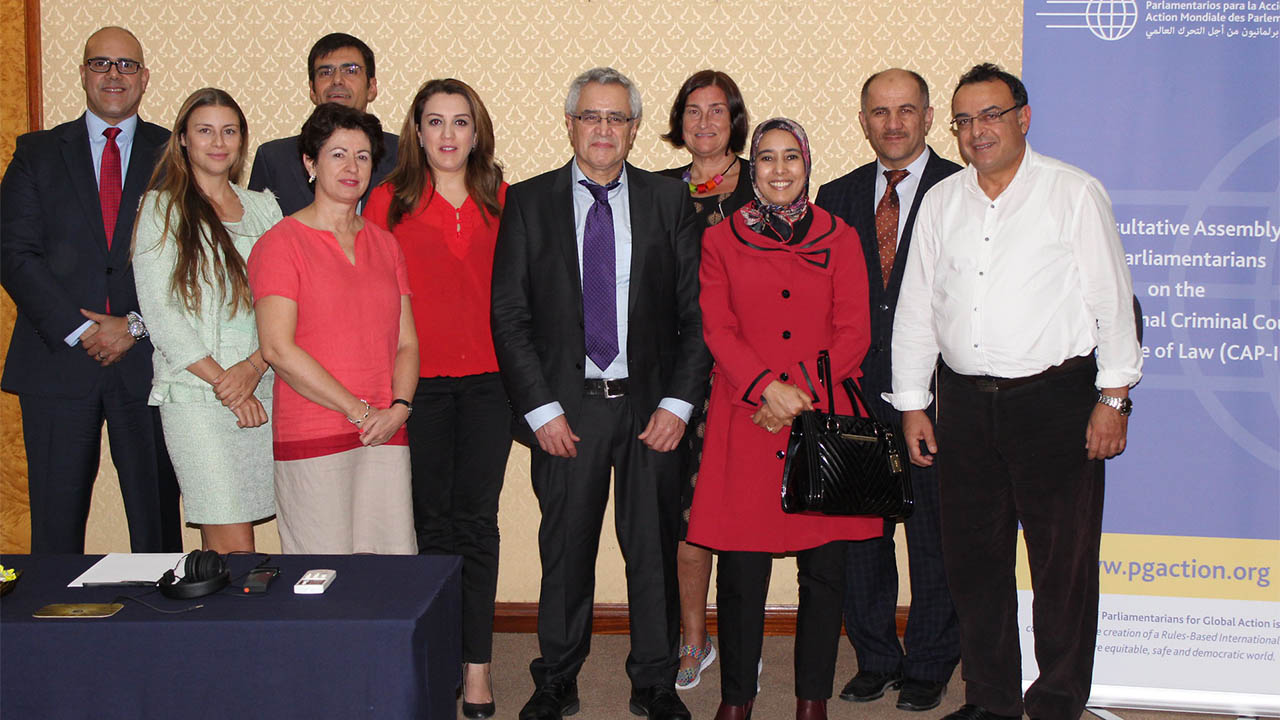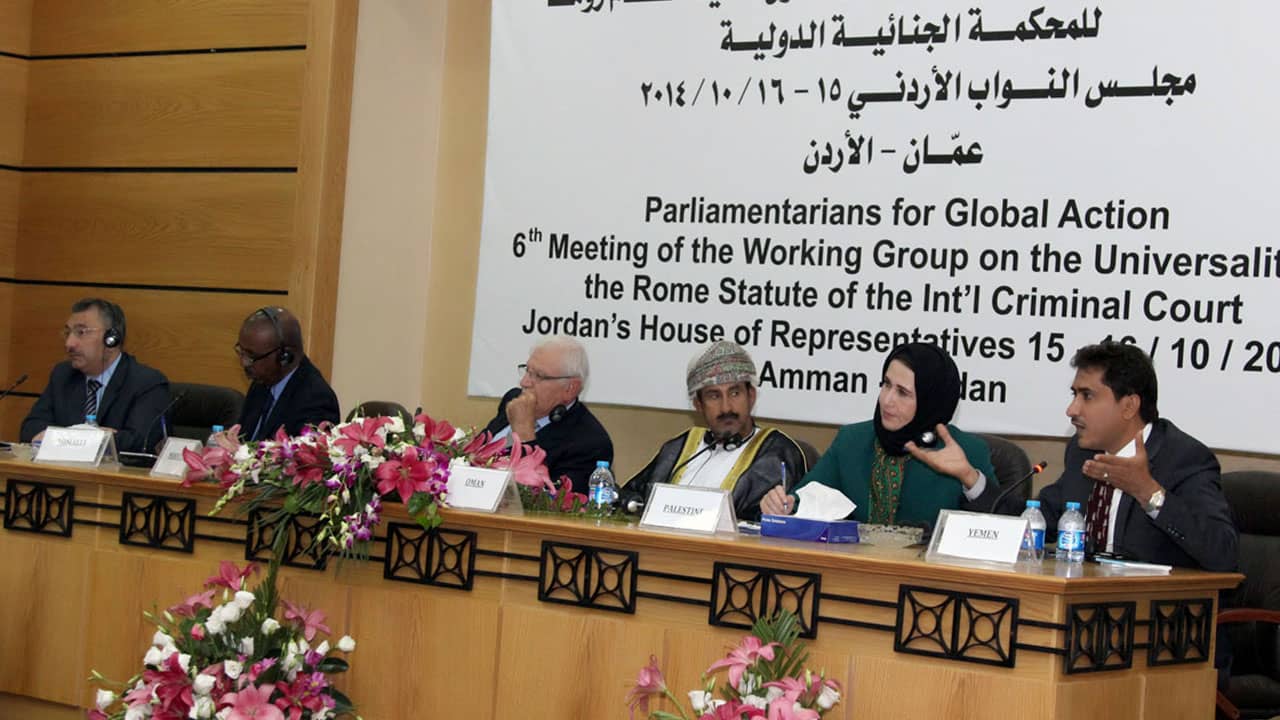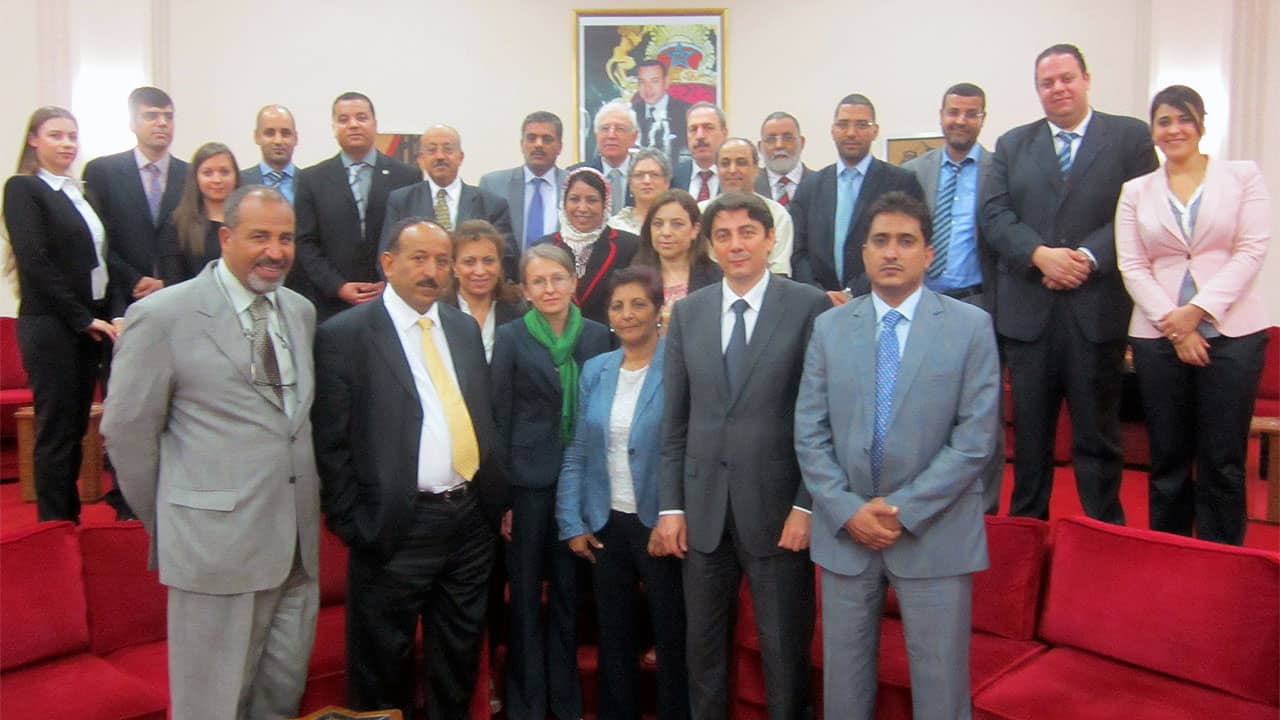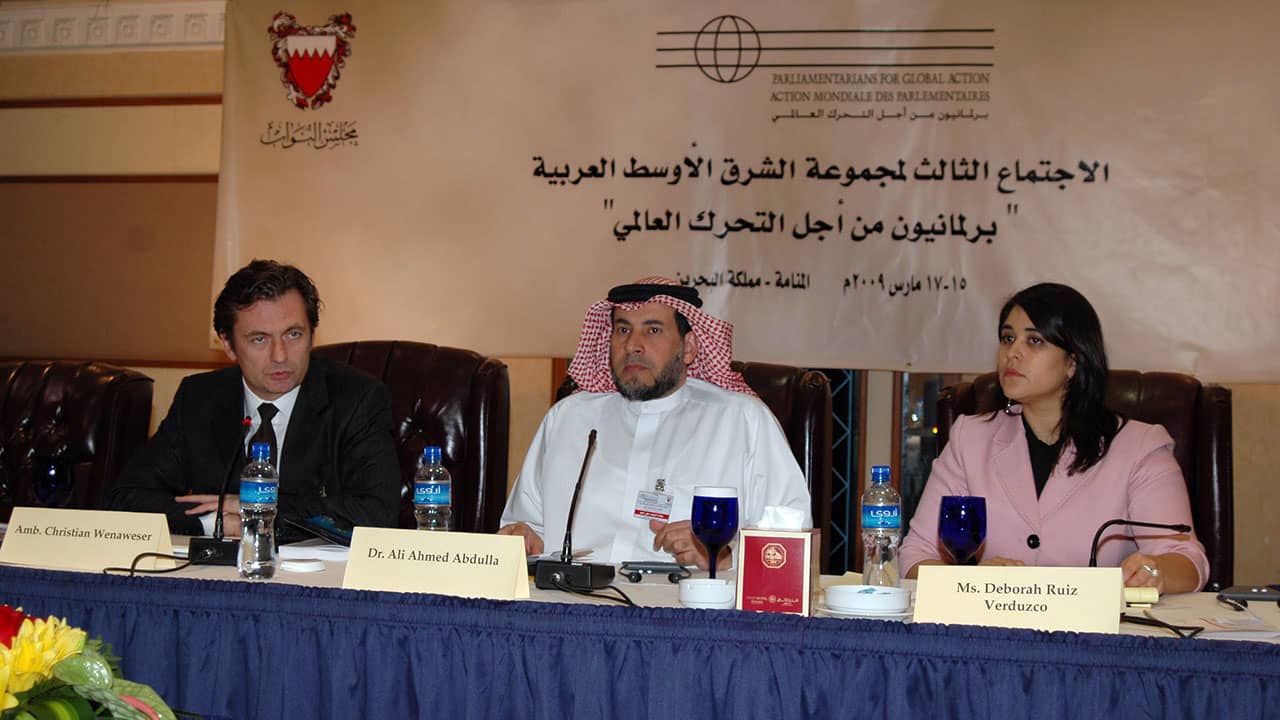Yemen and the Rome Statute
| Signature, Ratification of/Accession to the Rome Statute of the ICC
|
| Signature Date: |
28 December 2000 |
| Ratification Date: |
Not yet ratified. |
| Amendments to the Rome Statute
|
| Ratification of the Kampala Amendment to Article 8 of the Rome Statute on war crimes [poison and expanding bullets in NIAC] (2010): |
No. |
| Ratification of the Kampala Amendment to the Rome Statute on the crime of aggression reflected in Article 8 bis (2010): |
No. |
| Ratification of the Amendment to Article 124 of the Rome Statute (2015): |
No. |
| Ratification of the Amendment to Article 8 of the Rome Statute on war crimes [biological weapons] (2017): |
No. |
| Ratification of the Amendment to Article 8 of the Rome Statute on war crimes [blinding laser weapons] (2017): |
No. |
| Ratification of the Amendment to Article 8 of the Rome Statute on war crimes [non-detectable fragments] (2017): |
No. |
| Ratification of the Amendments to Article 8 of the Rome Statute on war crimes [starvation as a war crime in NIAC] (2019): |
No. |
| Adoption of implementation legislation of the Rome Statute of the ICC |
|
According to unofficial translations, Yemen has incomplete implementing legislation. The Yemeni Military Code (Law No. 21/1998), relative to Military Offences and Penalties, doesn’t criminalize genocide, crimes against humanity, or crimes of aggression. The Code only typifies a very few underlying acts of war crimes and there are no provisions on cooperation with the International Criminal Court.
The Military Code only refers to the “responsibility of commanders and other superiors” and “superior orders and prescription of law” principles. Yemen is a State Party to the Convention on the Non-Applicability of Statutory Limitations to War Crimes and Crimes Against Humanity.
|
| Cooperation Agreements |
| Ratification of Agreement on Privileges and Immunities of the Court (APIC): |
No. |
| Signature of Agreement of Enforcement Sentences with the ICC: |
No. |
| Signature of Agreement of Interim and Final Release with the ICC: |
No. |
| Signature of Bilateral Immunity Agreement with the USA: |
Yes. This agreement concerns the surrender of persons to international tribunals. Notes were exchanged at Washington and Sanaa on 10 and 17 December 2003 and entered into force on 17 December 2003. |












